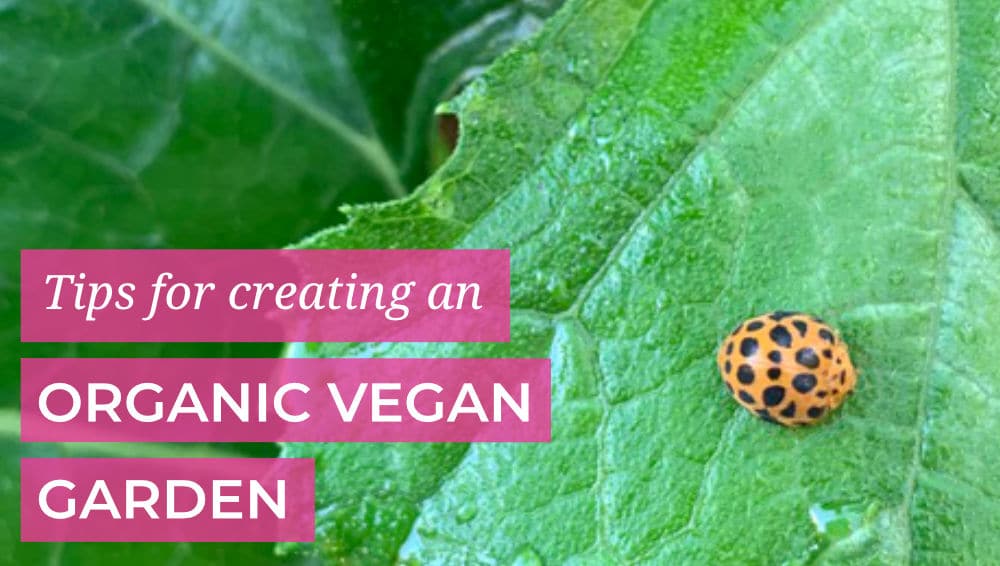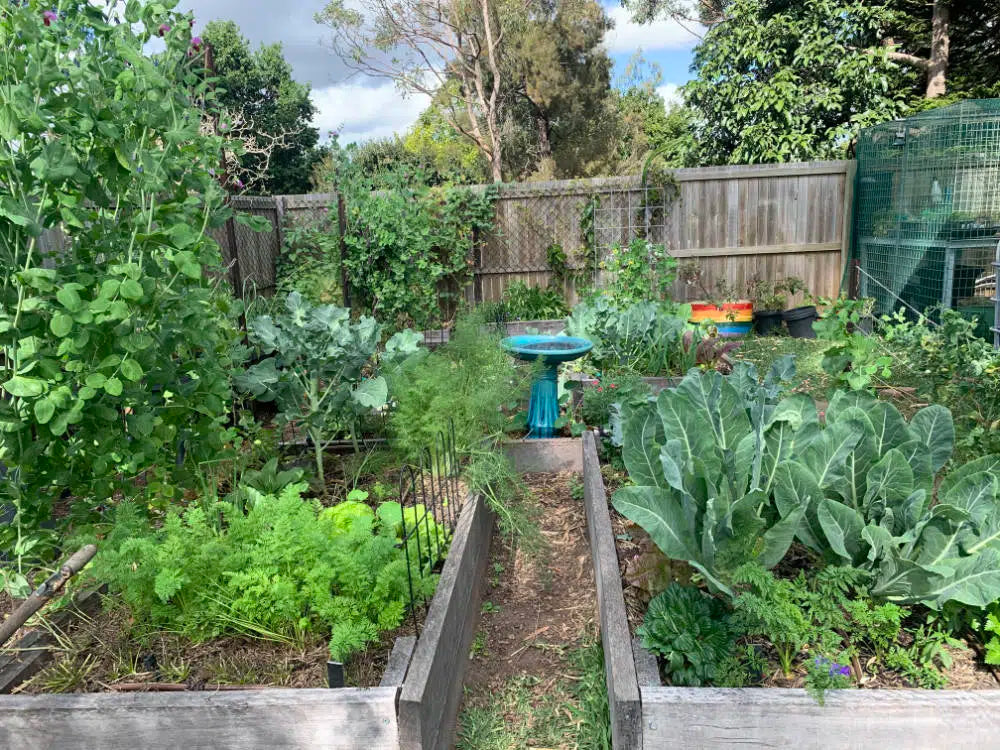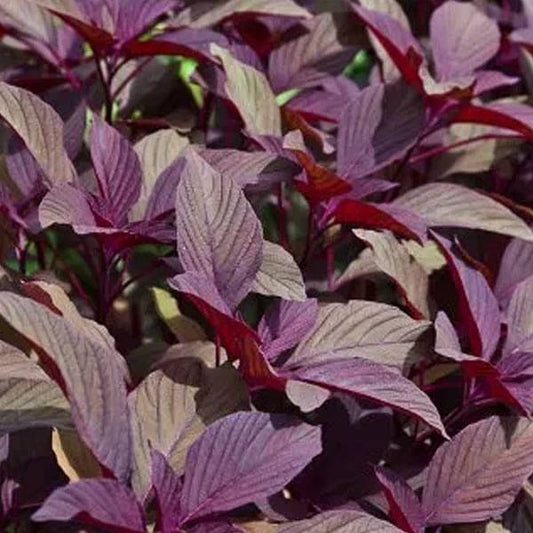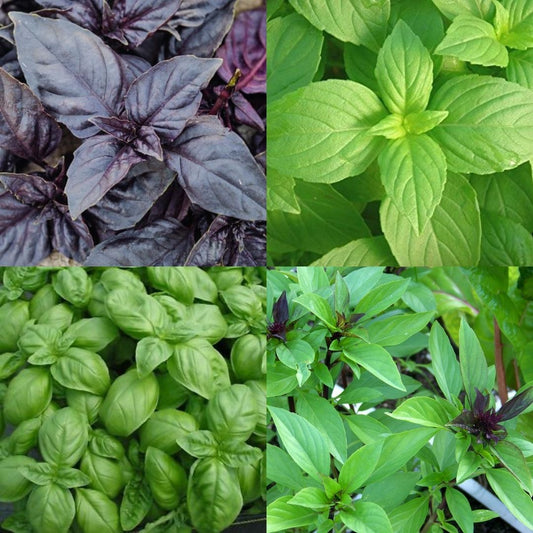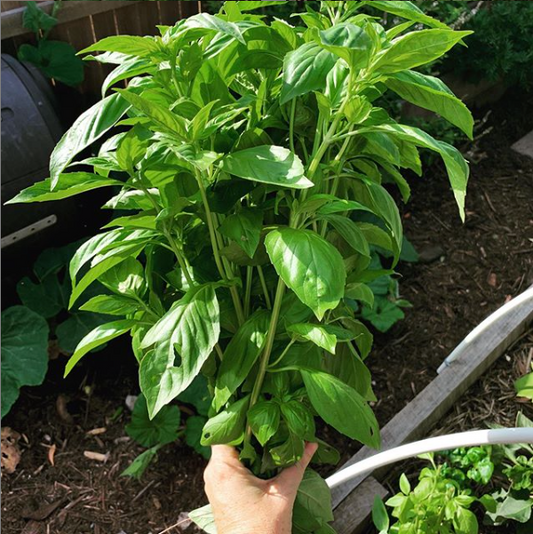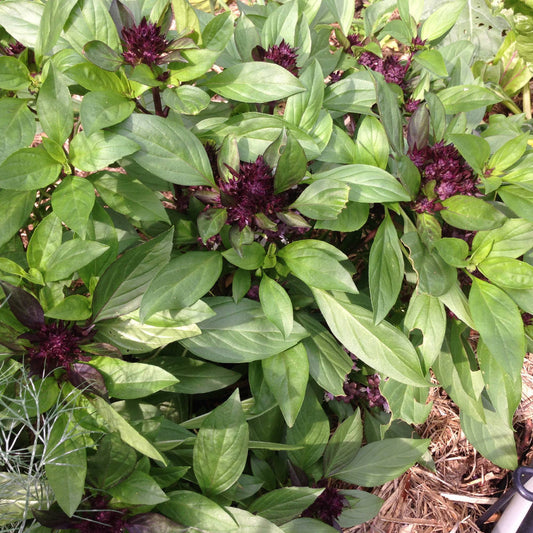Are you vegan but struggle to find solutions that aren't animal based for your vegan garden?
Listen to the podcast
For a very long time I was super confused as to how you could be vegan and also eat organically. Organic fertilisers are generally manure based, and manure for the horticulture industry generally comes from the animals within the meat industry. Then there's worm farming and attracting beneficial insects to murder the bad insects.
What you can and can't do really depends on what being vegan means to you. I have found that there are ways to grow food by not contributing to harm (or inadvertently supporting industry that goes against your ethics). It's perfectly doable and in this post I am going to give you some tips on how to do it.
The key things for setting up an organic vegan garden:
- Finding ways to boost your soil without using animal products
- Dealing with pests
Vegan based soil boosters
Rock minerals
Rock minerals are a great source of minerals and elements that can help give your plants all the things they need. They are however tricky to find, we mostly find them hidden away in hydroponic shops or exclusively online. We always add a bit of rock minerals in our new bed setups and also when we top up the gardens.
Seaweed Emulsion
Seaweed solution whilst technically is not a fertiliser, but more of a soil conditioner can be beneficial to the overall soil health. Whilst it won’t necessarily provide all the nutrients the plant needs it will an array of trace elements.
Compost
Of course compost, particularly your own home made compost from things you know what has been put in it. If you’re closing the loop you are putting back a lot of what you are taking out.
Green Manure
Green manure crops can help boost your soil. Essentially it’s sowing a crop and chopping it down just before the flower stage. Green manure corps helps add the organic matter to the soil which benefits it immensely and if you use legume based green manure it will also restore nitrogen.
Vegan garden strategies
Having a successful garden may just be a matter of the way you garden and the methods you use. I would opt for more nature based systems and not intensively planting.
Food forests
Creating a food forest is a low maintenance system that is setup in a way that is self sustaining. By using lots of diverse plants and mainly perennials it reduces the need for external inputs.
Rest the beds
You will find that you won’t be able to plant as intensively if you’re not able to boost soil with more potent additives. To combat this, just rest your beds more often, use legume based cover crops to give the soil a break.
No Dig, no harm
We are big advocates for no dig gardens here. We find the gardens do way better long term than tilled gardens so It’s a win win. Better soil and no more worms cut in half.
Dealing with pests in your organic vegan garden
This one is easy because we have a no spray approach in our garden and it works well.
Companion planting
The key in this department is diversity, some call it companion planting but it is really an approach of not putting all your eggs in one basket and providing habitat for an array of creatures to keep things in balance (If you want to know about our companion planting strategies check out our blog/podcast).
Plant diversity
Lots of plant diversity will help you get a harvest, allowing nature to do it’s thing when it needs to. Having said that, if you’re not keen on the murderous ways of a ladybug nymph chowing down on aphids you may not want to take this approach.
Exclusion
If companion planting doesn't work, you can always go with exclusion. Which is essentially putting nets or cages around your plants to avoid pest attacks.
Can growing organic food really be vegan?
It really depends on your views of vegan doing no harm. Plants form a symbiotic relationship with an array of species so technically us eating plants is benefiting from the labour of these microscopic creatures.
If your views of being vegan are this strict you may need to swap to non organic methods of gardening based on synthetic additives instead.
Are you vegan? What techniques do you use in your garden?

